Africa
Aïsha Dabo: Africans want their leaders to represent their interests
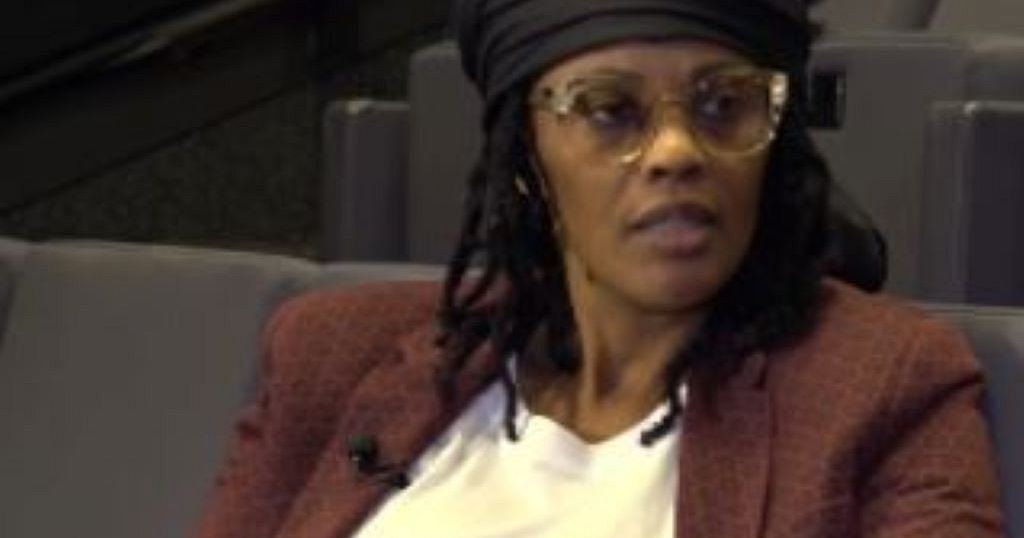
China and Russia are expanding their influence in Africa. How can this be explained? How are African governments responding, and how can civil society engage with these issues?
Africanews speaks with Aïsha Dabo, coordinator and co-founder of the programs at the pan-African organization Africtivistes, on the sidelines of the 2025 International Film Festival and Forum on Human Rights in Geneva, which hosted a debate on the topic.
You have led digital initiatives to promote cybersecurity, combat disinformation, and strengthen democratic governance in Africa. What have you observed regarding public opinion on the continent? Does it influence how African governments manage their international partnerships?
African citizens want their leaders to properly represent their interests. However, there is a significant gap between what the people want and what leaders are actually implementing the agreements they sign and the partnerships they negotiate. At Africtivistes, as a pan-African network, we encourage governments and the private sector to negotiate with the general interest in mind.
The continent is highly sought after for its resources and has long been a battleground for competing global powers. Do you think African governments have realized that they can leverage these rivalries to their advantage?
As long as it serves the country’s interests and results in win-win partnerships, I personally see no issue with it.
However, if these deals only benefit the elite, they are not sustainable. These negotiations involve the natural resources of the people, and they impact not only the current population but also future generations.
Take Senegal, for example. When the new administration came to power, they announced plans to renegotiate contracts that were not in the public’s best interest. Discussions are currently underway to review what was decided under the previous government, what actions were taken, and whether they truly served the Senegalese people.
Africa is being courted by multiple foreign players, with China and Russia being the most prominent. How have these two countries expanded their influence?
Whether it’s Russia, China, or other global powers, their primary interest in Africa is resources and the international influence that comes with them—nothing more. It is up to Africans, or rather the African elites negotiating these deals, to recognize this reality and ensure that they negotiate in their own interest—not just in the interest of those in power and their inner circles.
This goes beyond individual leaders. That is why we focus on raising awareness, sharing information, and equipping young people and communities with the knowledge they need to understand their rights and responsibilities. This allows them to make informed decisions, which is why we prioritize this work.
This is what Africtivistes does—empowering civil society and the general public to understand these issues and providing them with the tools to take action.
Yes, and our focus is on democracy. We believe it is a system that can work, and each country should be able to define its own model—as long as the three branches of government remain independent and citizens have a voice.
We work to educate citizens on how these systems function. Citizens have the right to vote and pay taxes. But where does their money go? Do they see how it is used? How can they demand accountability? They should be able to access public information that is not classified as a state secret. They should also be able to review contracts negotiated in their name.
Through technology, we develop tools to strengthen civic participation. Our goal is to ensure that Africans are no longer passive observers of their own future, allowing others to decide what the Africa of tomorrow should look like.
Africa
Unprecedented trial for apartheid atrocities opens in South Africa
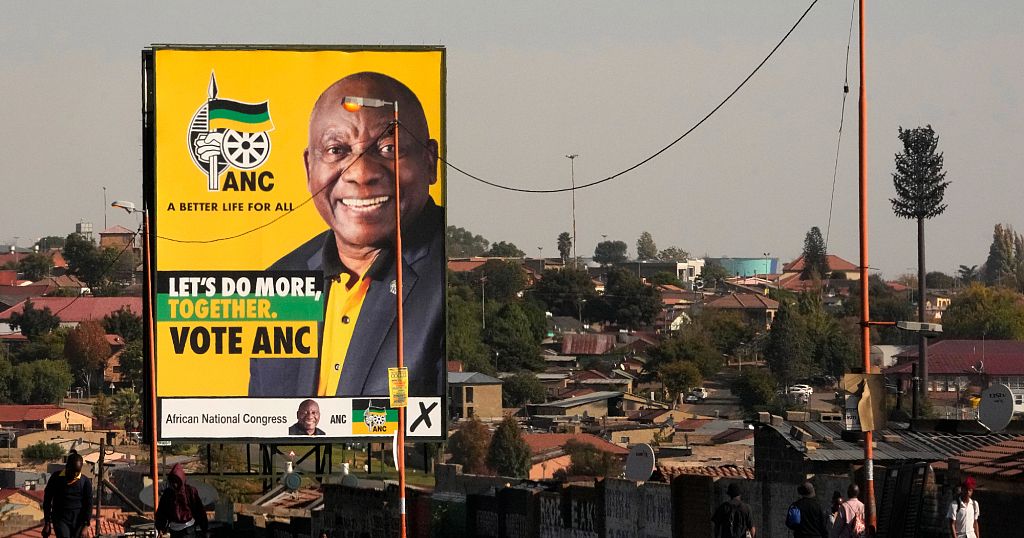
A significant step by South Africa’s legal system in confronting the atrocities of the country’s dark political past.
A judge this week approved the trial of two apartheid-era police officers for their involvement in the 1982 assassination of three student activists.
The prosecution is unprecedented. Until now, no individual had been held accountable for the crime of apartheid.
The case centers around three young freedome fighters killed in an explosion in 1982. The victims were part of a resistance movement opposed to the apartheid regime which enforced White-only rule and domination over the Black majority.
Experts say the trial could open the door for others.
Also this week, South Africa reopened an investigation into the death Albert Luthuli, a former president of the African National Congress (ANC) and Nobel Peace Prize laureate, who was killed in 1967.
The prosecuting authority seeks to have the findings of previous inquests into Luthuli overturned.
The authorities at the time had concluded that Luthuli’s death the result of an accident.
The development comes more than 30 years since South Africa became a democracy and after a Truth commission unearted numerous atrocities.
Africa
Tanzania opposition says jailed leader not seen by family, lawyers
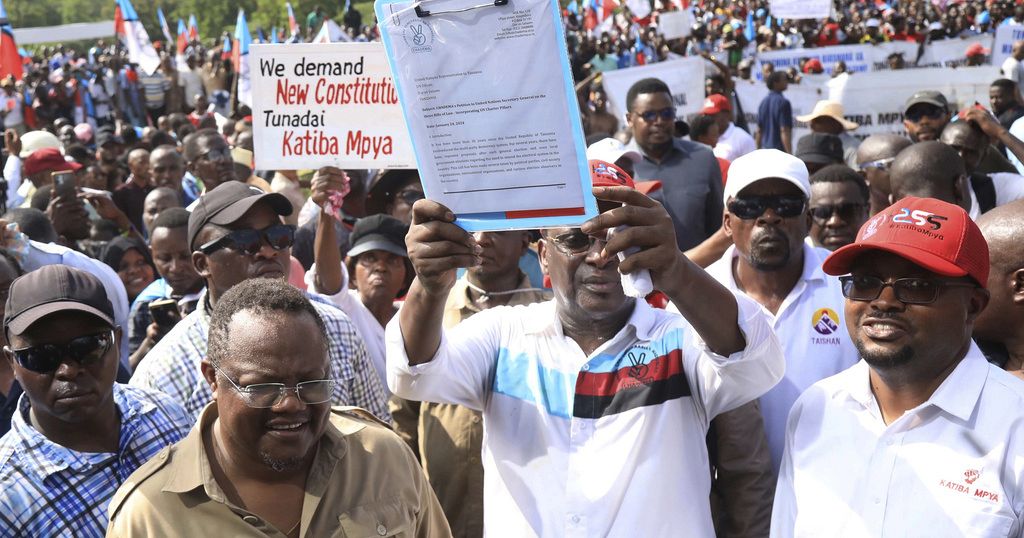
Tanzania’s main opposition party said it had failed to get access to its leader who is in detention on treason charges.
CHADEMA said Friday that the family and lawyers of Tundu Lissu had failed to see him at a Dar es salaam jail where he had been kept since his arrest on April 9.
In a statement, the party said it held the Tanzanian government and Prisons Service responsible ble for Lissu’s safety.
The Prisons Service quickly denied that Lissu had been moved from jail.
In a statement, the agency dismissed CHADEMA’s concerns as misinformation.
“We would like to inform the public that Tundu Lissu is safe and he is still detained at Keko Prison in Dar es Salaam according to the country’s laws and procedures,” the Service said in a statement.
Lissu came second in Tanzania’s 2020 presidential election. Last week, he was arrested and later charged with treason after a speech demanding election reforms.
Prosecutors said the speech called for an uprising.
With another presidential vote on the horizon, critics say President Samia Suluhu Hassan’s government has ramped repression against the opposition.
This week, the election commission banned CHADEMA from taking part in elections after the party refused to sign a document pledging to obey the commission’s orders.
Africa
DRC: Kabila arrives in rebel-held Goma after return from exile
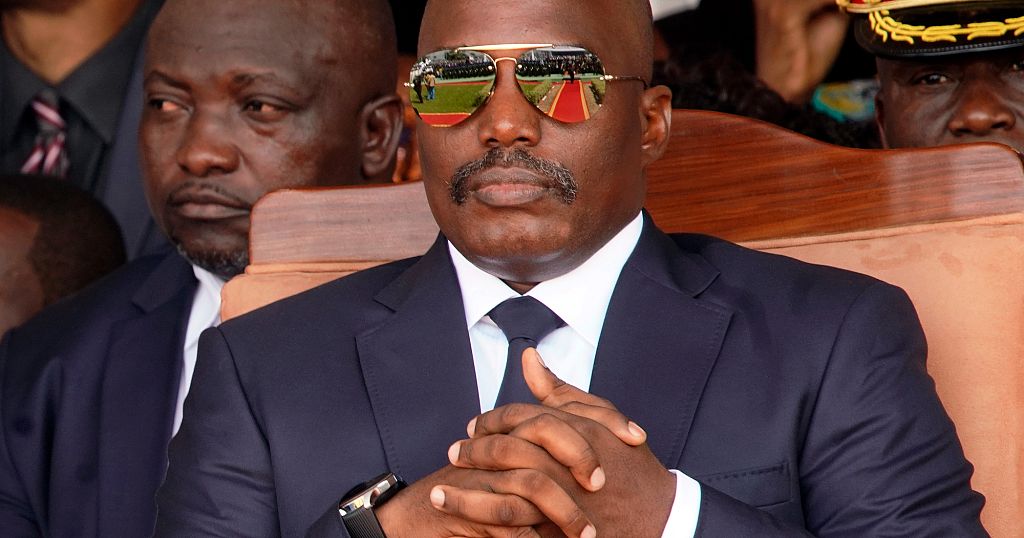
Former Congolese President Joseph Kabila, accused by the government of supporting rebels in the country’s east, returned to Congo from self-imposed exile on Friday, arriving in rebel-held Goma city, two of the ex-president’s associates and a rebel official said.
Kabila, who left Congo in 2023, came to Goma “to participate in peace efforts” in the conflict-hit east where Rwanda-backed M23 rebels have seized large swaths of territory, including the strategic eastern city, said a close aide of the former president.
Another associate of Kabila’s and a senior M23 official also confirmed the former president’s return. The three spoke on the condition of anonymity because they were not authorized to speak to the media on the topic.
Congo’s decades-long conflict escalated in January, when the rebels advanced and seized Goma, followed by the town of Bukavu in February. The fighting has killed some 3,000 people and worsened what was already one of the world’s largest humanitarian crises, with around 7 million people displaced.
Kabila seeks “to take part in efforts to find peace in the country,” his aide said. “Everyone is talking about Congo without the Congolese … this is not normal.”
The former president is expected to address Goma residents at some point, according to his associate, who accompanied Kabila on the trip.
It was not immediately clear how long Kabila would remain in Goma or what his plans were.
Kabila’s long-expected return is seen as controversial, with some analysts saying his presence in Goma could worsen tensions between the rebels and the Congolese government, especially amid ongoing efforts to negotiate a ceasefire.
Representatives of Congo’s government and M23 met in Qatar earlier this month as the Gulf Arab state leads renewed efforts to get both parties to return to dialogue and recommit themselves to a peace deal they each accuse the other of violating.
Christian Moleka, a political scientist at the Congolese think tank Dypol, said it was likely to have a “detonating effect on Congolese politics,” and strengthen the accusations by “those who believe that there is a connection between him and the M23 rebellion.”
Congolese President Felix Tshisekedi last year accused Kabila of backing the rebels and “preparing an insurrection” with them, a claim Kabila denies.
Kabila led Congo from 2011 to 2019, taking office at the age of 29 and extending his mandate by delaying elections for two years after his term was ended in 2017. His father, former President Laurent Kabila, was assassinated in 2001.
After leaving Congo, Kabila lived in South Africa and other African countries.
-

 Education1 day ago
Education1 day agoHarvard’s battle with the Trump administration is creating a thorny financial situation
-
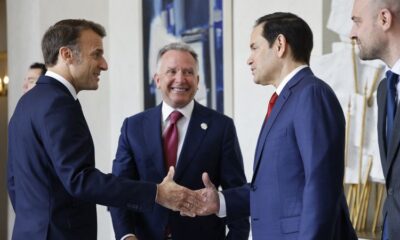
 Europe2 days ago
Europe2 days agoUS, Ukraine and European officials hold ‘excellent exchange’ in Paris, in highest level talks in weeks
-
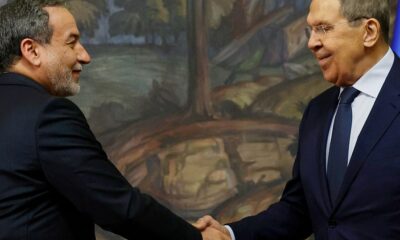
 Africa1 day ago
Africa1 day agoIran seeks Russia’s support for its nuclear talks with US
-

 Lifestyle1 day ago
Lifestyle1 day agoSweets from the sky! A helicopter marshmallow drop thrills kids in suburban Detroit
-

 Sports1 day ago
Sports1 day agoAaron Rodgers ‘not holding anybody hostage’ as he decides his future, retirement a possibility
-

 Sports2 days ago
Sports2 days agoLos Angeles Rams honor first responders by conducting 2025 NFL Draft from Los Angeles Fire Department
-

 Education2 days ago
Education2 days agoTrump admin threatens to stop Harvard from enrolling foreign students
-

 Middle East2 days ago
Middle East2 days agoSaudi defence minister visits Tehran before Iran-US talks | United Nations News




